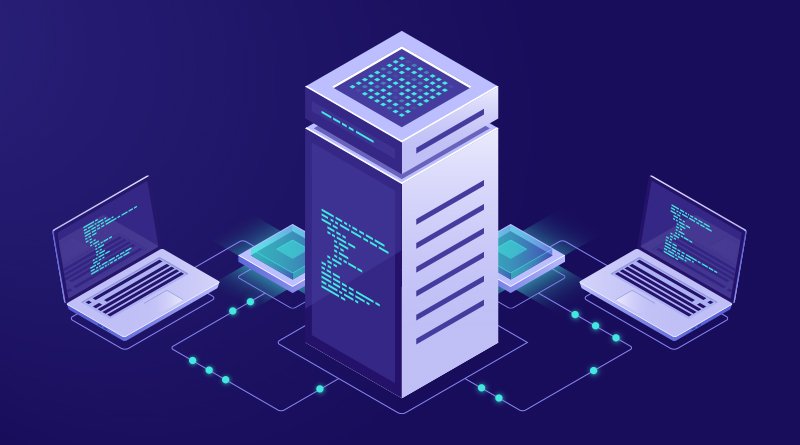Choosing a dedicated server is a critical decision for businesses seeking reliable hosting solutions for their online operations. Whether you are launching a new website, managing a high-traffic e-commerce platform, or running complex web applications, selecting the right dedicated server is essential for ensuring optimal performance, security, and scalability. To navigate this process effectively, consider the following factors
Performance Requirements – Begin by assessing your performance needs. Determine the level of CPU power, RAM, storage, and bandwidth required to support your applications and website traffic. Consider factors like expected growth, peak usage times, and any resource-intensive tasks your server will need to handle.
Hardware Specifications – Evaluate the hardware specifications offered by different dedicated server providers. Look for servers equipped with the latest-generation processors, ample RAM, high-speed SSD storage, and robust network connectivity. Opting for quality hardware ensures better performance and reliability.

Operating System – Choose an operating system that aligns with your technical requirements and familiarity. Popular choices include Linux distributions like Ubuntu, CentOS, or Debian, and Windows Server for environments that rely on Microsoft technologies.
Management Options – Decide whether you prefer managed or unmanaged server hosting. With managed hosting, the provider takes care of server maintenance, security updates, and troubleshooting, allowing you to focus on your business. Unmanaged hosting provides greater control but requires you to handle server administration tasks yourself.
Security Features – Prioritize security when selecting a dedicated server. Look for providers that offer robust security measures such as firewalls, DDoS protection, intrusion detection systems, and regular security audits. Additionally, consider implementing encryption protocols, secure access controls, and regular backups to safeguard your data.
Scalability – Anticipate future growth and choose a dedicated server solution that can scale with your business needs. Opt for providers that offer flexible upgrade options, allowing you to easily add resources or migrate to higher-tier plans as your requirements evolve.
Network Infrastructure – Assess the network infrastructure and data center facilities of potential hosting providers. Look for providers with redundant network connections, high-speed internet connectivity, and geographically dispersed data centers to ensure maximum uptime and reliability.
Support and SLA – Evaluate the level of customer support and service level agreements SLAs offered by dedicated server price providers. Choose a provider that offers technical support, proactive monitoring, and guaranteed response times to address any issues promptly.
Cost Considerations – Compare pricing plans and total cost of ownership TCO across different dedicated server providers. Consider not only the upfront costs but also any additional fees for bandwidth overages, storage upgrades, or managed services. Look for providers that offer transparent pricing with no hidden charges.
Reviews and Reputation – Research customer reviews, testimonials, and industry reputation to gauge the reliability and performance of dedicated server providers. Choose a provider with a proven track record of delivering excellent service, uptime, and customer satisfaction.
Selecting the right dedicated server involves careful consideration of performance requirements, hardware specifications, operating system, management options, security features, scalability, network infrastructure, support, cost, and reputation. By evaluating these factors systematically and choosing a reputable provider that meets your needs, you can ensure a reliable and efficient hosting solution for your business.